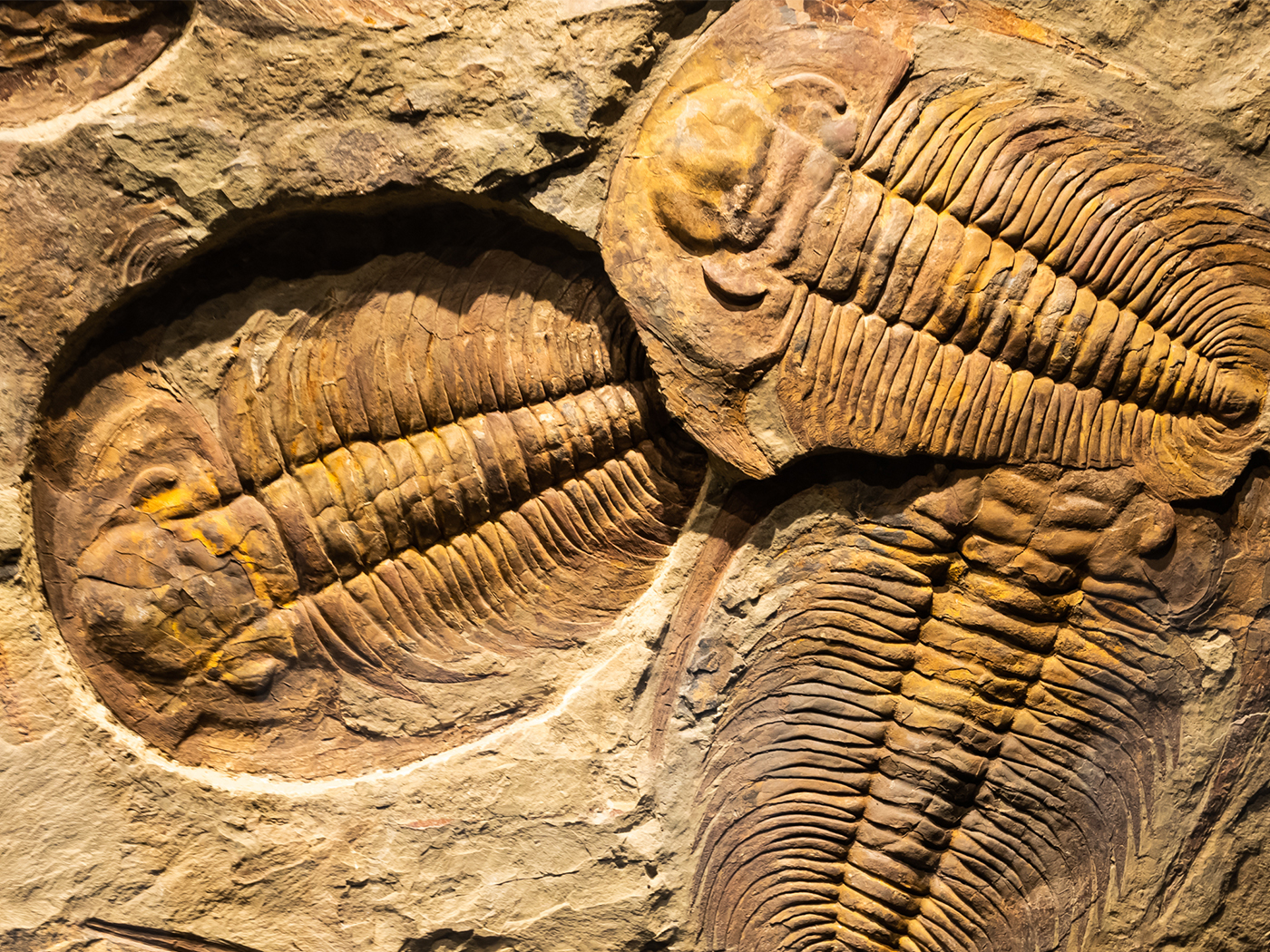The popular Discovery Channel show MythBusters not only entertains, it also does what science education is supposed to do: promote critical thinking through hands-on experience. The show focuses on Adam Savage and Jamie Hyneman as they test the truth of various urban legends through empirical investigations. Their experiments range from the practical (seeing whether a pickup truck has better fuel efficiency with the tailgate up or down) to the wacky (building a rocket out of sandwich meat) to the not entirely legal (breaking out of a Mexican prison using salsa).
Although neither Savage nor Hyneman have formal science backgrounds, both are hailed by some academics for their ability to interest young students in science through their show. “When Jamie Hyneman and I speak at teacher conventions, we always draw a grateful crowd. They tell us Thursday mornings are productive because students see us doing hands-on science Wednesday night on our show MythBusters, and they want to talk about it,” Savage wrote in a column for the September 2008 issue of Popular Mechanics.1 He went on to list three suggestions for improving science education in America, all of which make sense to some degree: engage the students in hands-on applications rather than just passive lecture; allot more funds for equipment to foster that hands-on experience; and learn from mistakes, which are often better teachers than the originally desired results.
But where the MythBusters host falls short—along with the rest of the secular scientific world—is in confusing observable present processes (on which empirical science is based) with theories of what happened in the unobserved past. In a Popular Mechanics podcast, Savage comments:
The newspapers talking about evolution versus creationism is very much an attack on science as a type of religion—believing that the scientific method is some type of religious belief. And it’s not! That kind of attack absolutely is damaging science exploration across the whole country. I do think that’s a significant problem. And until we can get our head out of the sand and realize that science isn’t about truth—it’s why this debate about the “theory of evolution” bugs the h*** out of me. What scientists mean by theory is very different than what people think.2
Interestingly enough, the word “science” comes from the Latin term scientia, which means “knowledge.” If the pursuit of science “isn’t about truth,” what is the point in doing it? And although the scientific method is not “some type of religious belief,” it only operates within an individual scientist’s interpretive framework. The scientist’s belief system (whether based on evolution or creation) will influence how he or she interprets an experiment’s results.3
Like most in the pro-evolution camp, Savage assumes that the theory of Darwinian evolution is fact, and that belief in evolution is necessary in order practice true science. This is little more than a myth, and few can “bust” it better than Kepler,4 Boyle,5 Newton,6 Faraday,7 Maxwell,8 Mendel,9 Pasteur,10 and many other scientists whose work fathered the modern scientific disciplines in use today. The scientists mentioned here, by their own published words or lifestyle testimonies, conducted their science within a creationist framework. There is even strong evidence that Mendel and Pasteur—who were both ridiculed for their research at first—worked respectively to disprove Charles Darwin’s hypotheses on pangenesis (the blending of hereditary traits) and abiogenesis (life arising from non-life), both of which were imperative to support Darwin’s theory of descent with modification.
Savage and Hyneman have demonstrated that conducting good experimental science starts with curiosity and a passion to explore the unknown, and that it can also be entertaining and an important tool to tap into the creativity of young innovators. But unobservable natural processes of the past are beyond the scope of empirical science, and both academia and popular culture should be wary of equating the pursuit of truth with a still unproven theory.
References
- Savage, A. MythBuster Adam Savage: 3 Ways to Fix U.S. Science Education. Popular Mechanics. Posted on PopularMechanics.com September 2008, accessed November 11, 2008.
- Sullivan, M. Adam Savage’s Plan to Banish Boring Science Education & More: Back-to-School PODCAST. Popular Mechanics. Posted on PopularMechanics.com September 2, 2008, accessed November 11, 2008.
- Baumgardner, J. 2008. Exploring the Limitations of the Scientific Method. Acts & Facts. 37 (3): 4.
- Dao, C. 2008. Man of Science, Man of God: Johann Kepler. Acts & Facts. 37 (3): 8.
- Dao, C. 2008. Man of Science, Man of God: Robert Boyle. Acts & Facts. 37 (4): 8.
- Dao, C. 2008. Man of Science, Man of God: Isaac Newton. Acts & Facts. 37 (5): 8.
- Dao, C. 2008. Man of Science, Man of God: Michael Faraday. Acts & Facts. 37 (8): 8.
- Dao, C. 2008. Man of Science, Man of God: James Clerk Maxwell. Acts & Facts. 37 (9): 8.
- Dao, C. 2008. Man of Science, Man of God: Gregor Johann Mendel. Acts & Facts. 37 (10): 8.
- Dao, C. 2008. Man of Science, Man of God: Louis Pasteur. Acts & Facts. 37 (11): 8.
* Ms. Dao is Assistant Editor.
Article posted on November 13, 2008.
















